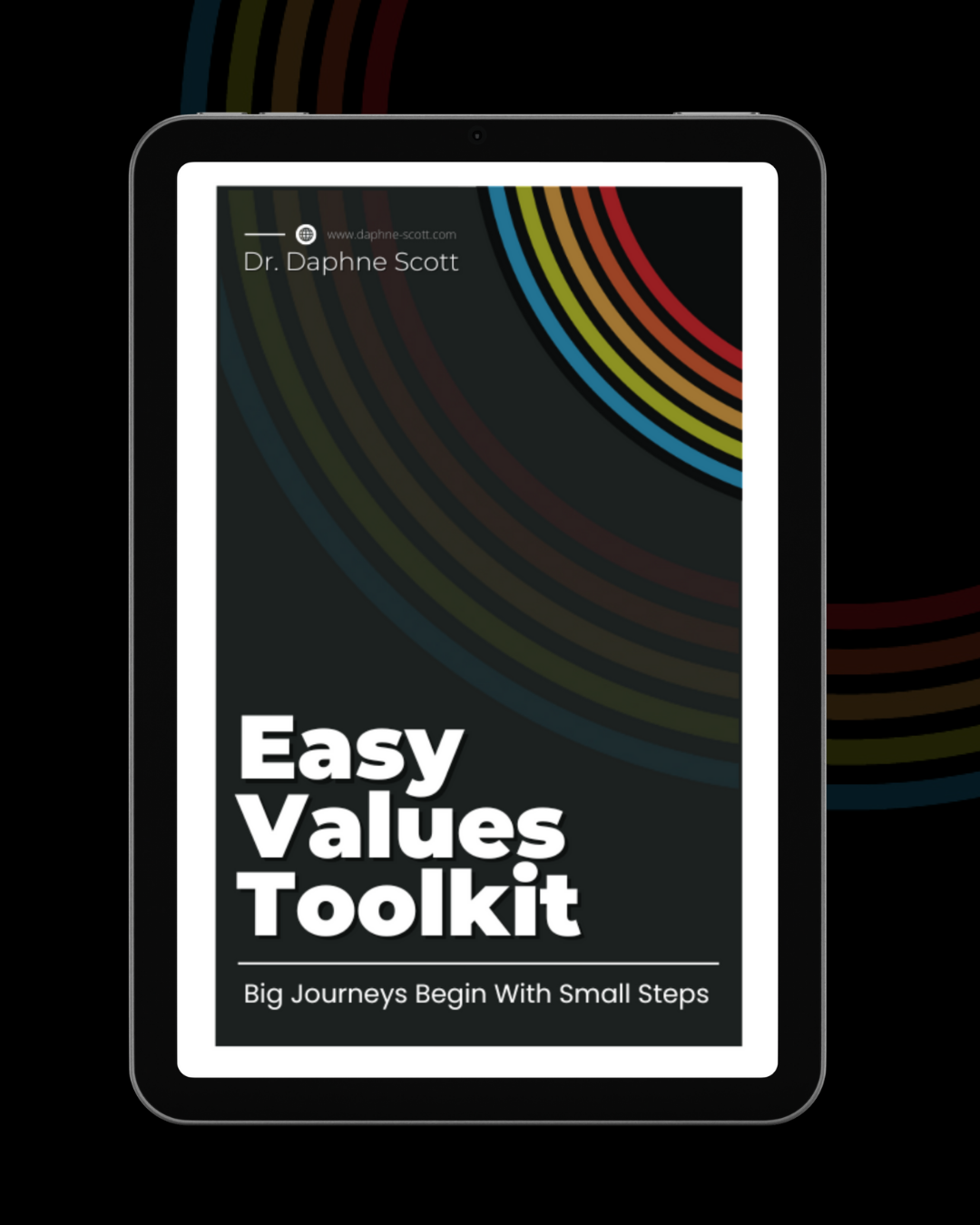YOU MAY HAVE A TEAM BUT DO YOU HAVE A LIFE?
Nov 13, 2023
So you climbed that mythical corporate ladder and now you have the promotion you’ve always wanted. You’ve got a team and plenty of responsibility. You also have a certain sense of achievement and accomplishment.
But you’re realizing that what you don’t have is a life.
Of course, work and life aren’t actually separate; work, and our role at work, is part of our life.
But it’s very easy to get sucked into the addictive nature of our work and put all of our energy in that direction. There is an entire body of research on workaholism that suggests that work can become our “drug” of choice.
Allow me to elaborate on this idea of the addictive nature of work:
For some leaders, work is the one place where they feel a sense of control and power. This can be very enticing because it feels good and because we all want to feel autonomous.
I’ve had more than one executive tell me that when they are at work almost everyone listens to them, but at home they can’t even get their kids to clean their rooms. Also, most leaders I know see their work and the money they earn from it as the main source of security. Thus, they feel the need to protect it with everything they’ve got. They start to believe that if they turn away from it for one second, everything will be at risk. Without that current title and the paycheck that comes with it, they may lead a life on the streets with no food or water.
Lastly, work is the main place that many leaders find their sense of approval in the world. The pats on the back for a job well done and the accolades that come with each promotion and achievement become the proof that they matter in the world.
So, work becomes the main source of control, security, and approval.
Therefore, the outsourcing of these three very human needs to solely the definable role of work causes many leaders to suddenly feel as though they have no life at all. And when this occurs, we often describe it is as feeling “out of balance.”
The other key to understanding how this happens is to keep in mind that it occurs unconsciously for almost everyone in a leadership role at work. We don’t pause long enough (or at all) to reflect on how we are living our lives until we are forced to do so because we are losing important relationships, we became ill, or we are finally beginning to fail in our work in some way.
The good news is that once leaders wake up to the reality of a lack of vitality and balance in their life, shifting things becomes much more doable. Also, most leaders discover that they don’t have to give up their work but rather to do it in a more effective way.
One leader I worked with would spend no less than 80 hours a week working. Once she shifted her attention and got clear about what she really wanted to experience in her life, it also allowed her team to step up and to grow in ways she hadn’t seen as possible before. This isn’t always easy and it requires a great amount of courage, but the same energy that leaders put into their work can be brought into the full scope of their life.
Sign up and I’ll send you emails that contain practical actionable leadership tools and specific insights to help you perform at your best, at work and at home.
I know you’ve got a bajillion other things going on. Unsubscribe whenever you need.





